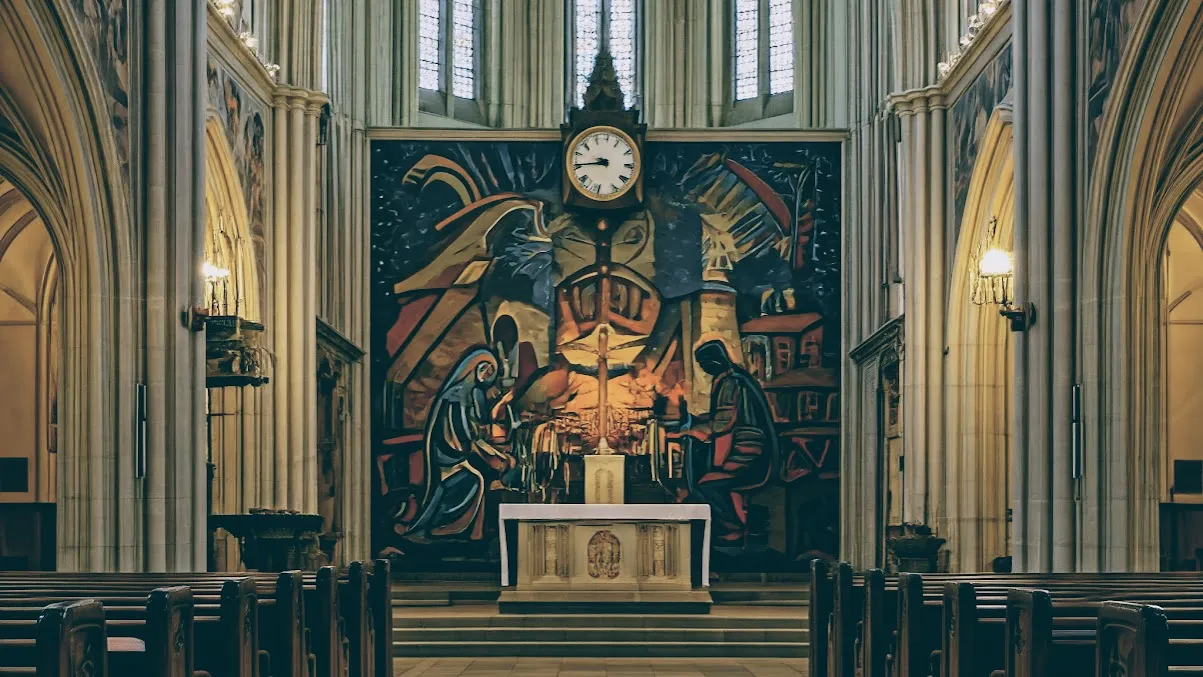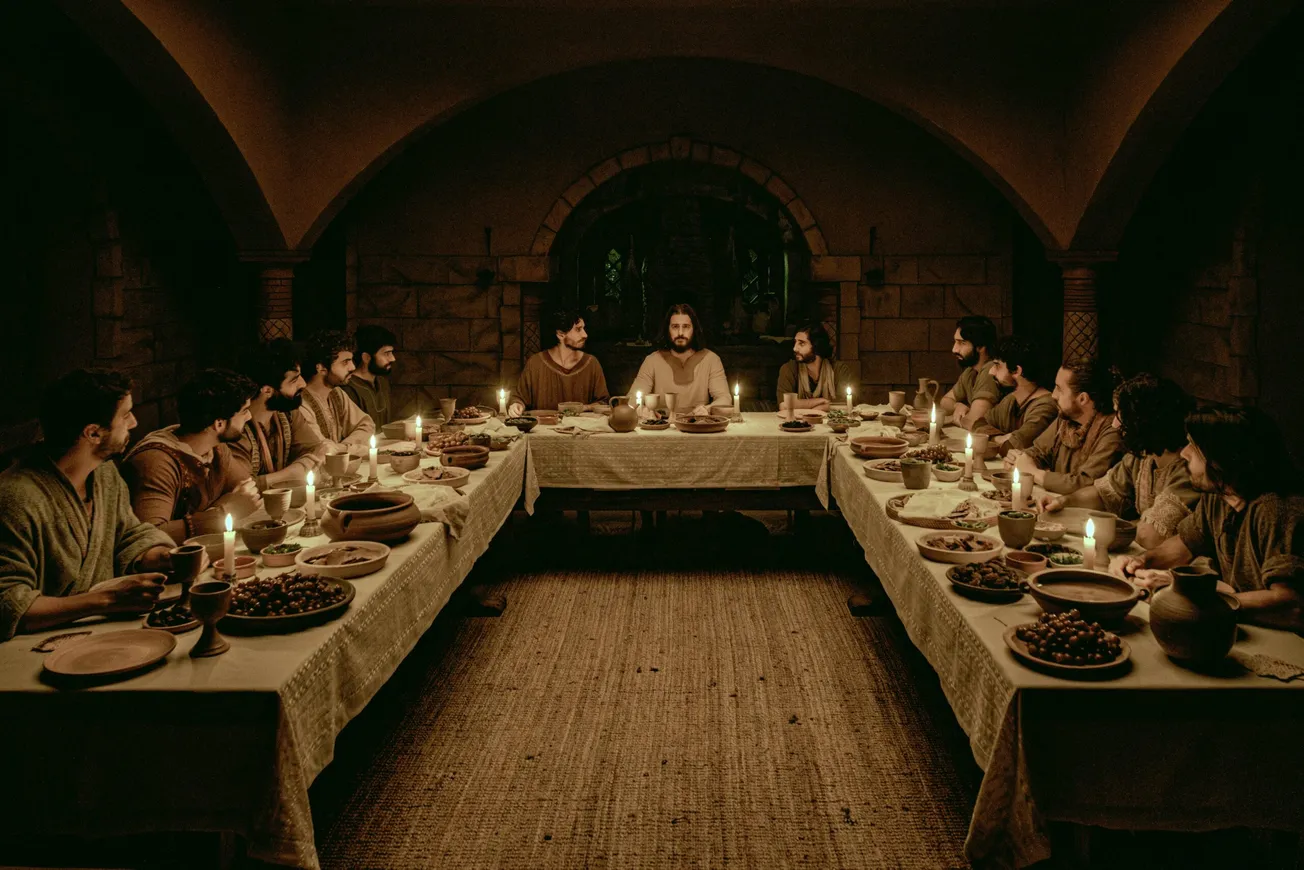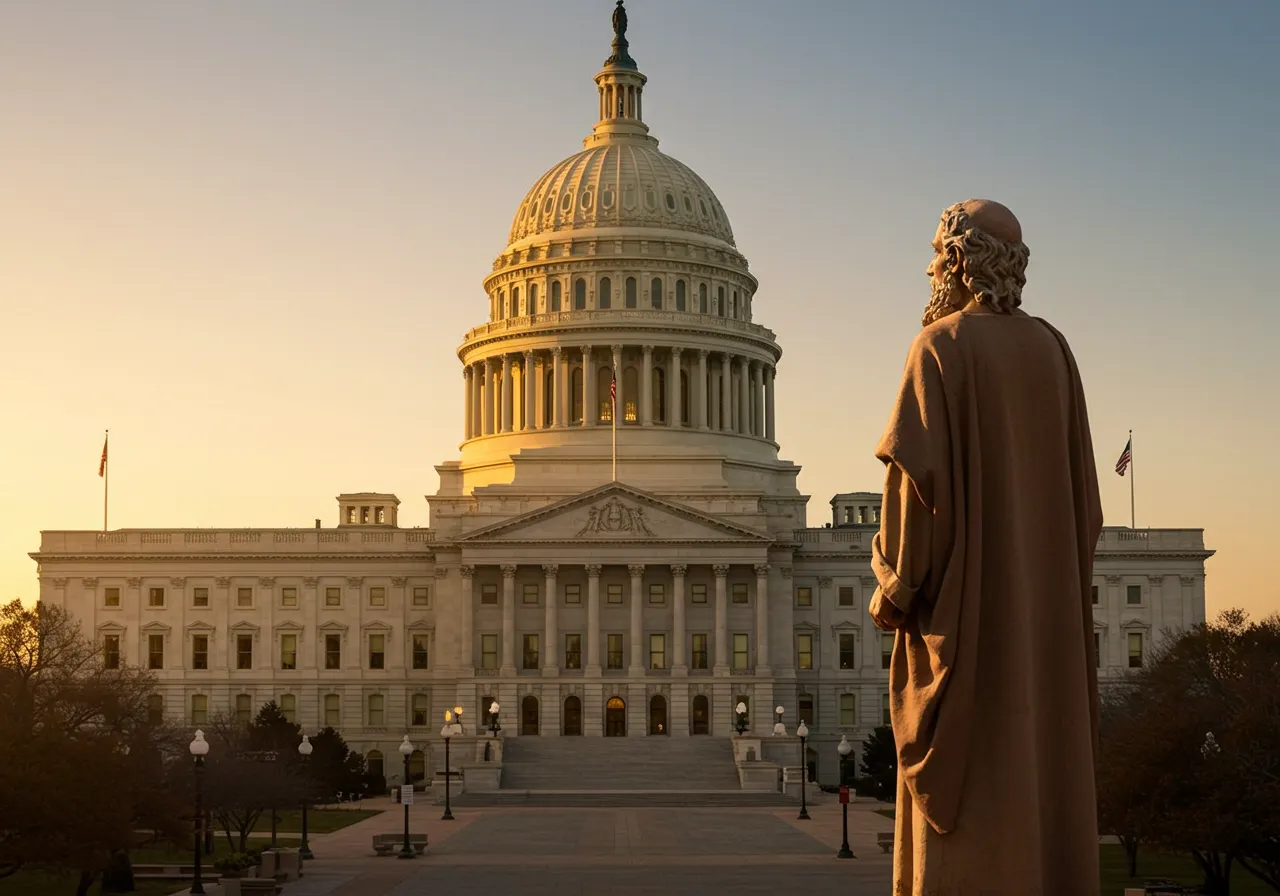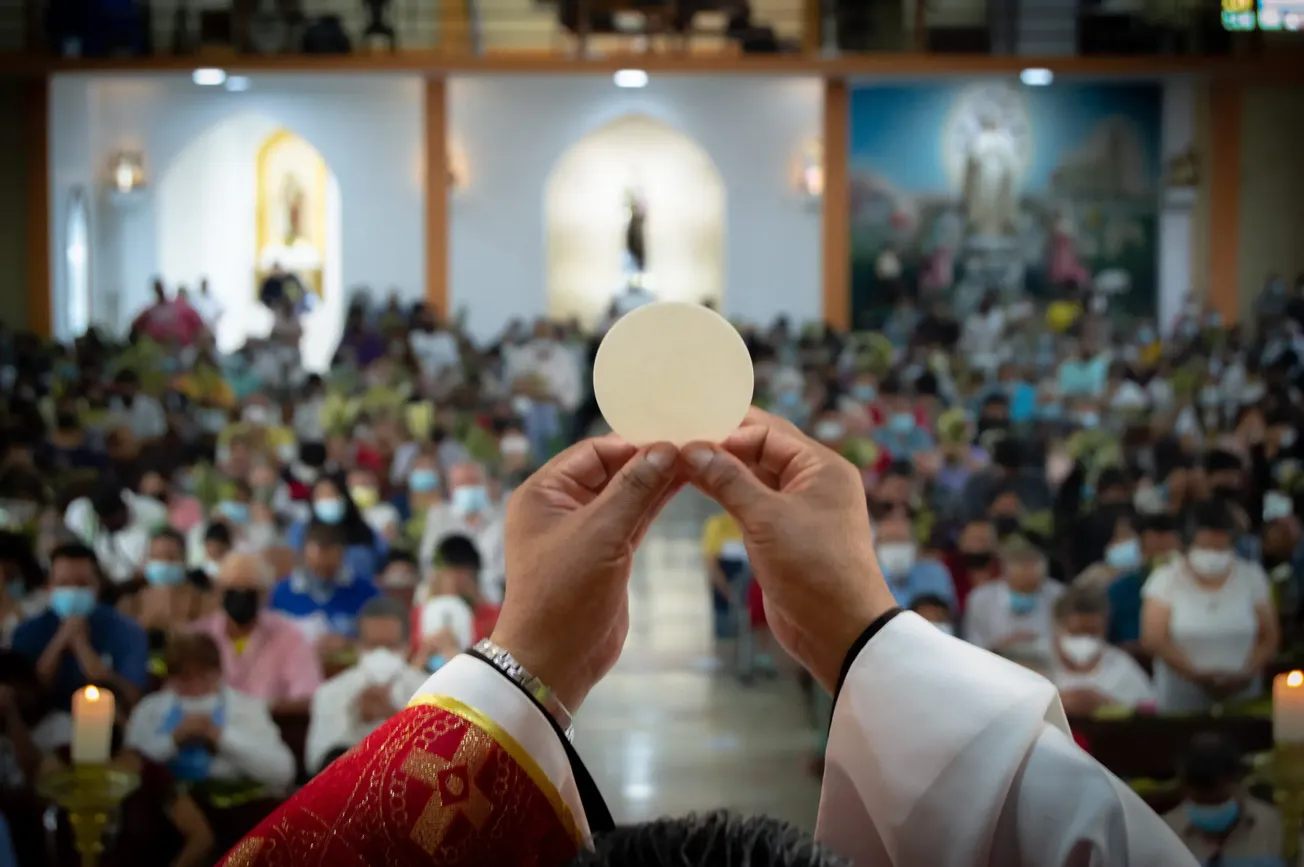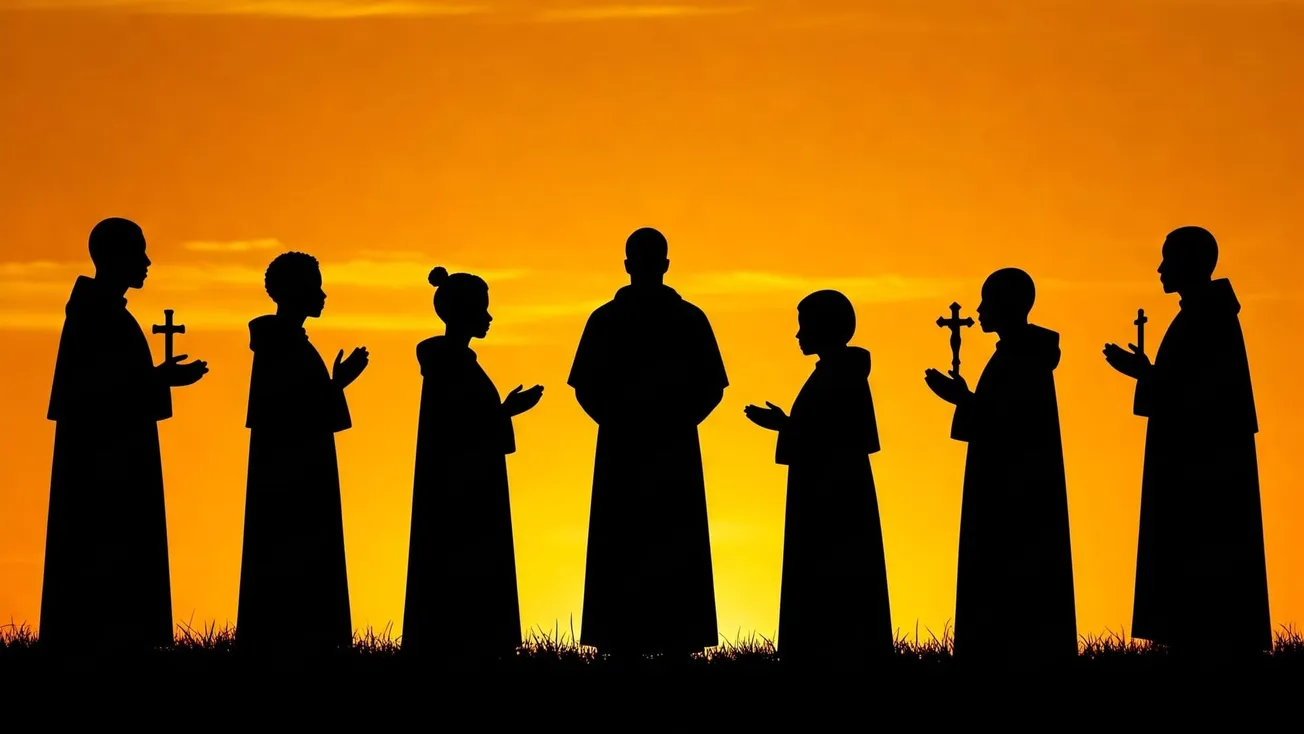For billions of Catholics and other Christians, Advent is an uplifting pathway into the new liturgical year, Christmas, and the new calendar year. This year, the season could be the key to survival in 2025 and beyond.
While I understand approximately 54% of Catholics voted for the Trump-Vance ticket in November, I am among the many who did not. My reasons were grounded in the Eucharist, where Christ gives himself for the life of the world; Catholic social teaching on the dignity of humanity; and my belief that the good news of God is opposed to racism, homophobia, and violence.
Judging from President-elect Donald Trump’s cabinet appointments, proclamations of deportations, restrictions on accurate teaching of history, and his many other sordid plans, the next four years promise to be a difficult road. Perhaps Advent, that time of renewal and promise, can be a foundation from which to draw in response.
African Americans are used to waiting. We waited for the end of slavery, waited for the end of lynchings, waited to vote, and waited for human dignity as well as economic opportunity. Even a cursory glance at history shows that this waiting was not passive. Black waiting—and indeed, Black Catholic waiting—has included fervent prayer, community-building, and direct action.
For example, we know that waiting for the end of slavery included escaping, singing about and plotting for freedom, as well as other efforts to undermine the institution of bondage. The watchnight service, a Black prayer tradition on New Year’s Eve, is said to have begun in response to White masters who balanced their books for the new year by selling off the enslaved, often separating families in the process.
Black Christian waiting means strengthening one’s prayer life, building communities of connection, and actively working for our collective liberation. For Black Catholics and others, this waiting is enhanced by the beauty of Advent. This season does not mean simply expecting patiently the birth of Jesus. It is also a time for our prayerful seeking of the fullness of Christ in our lives.
John 1:16 says that “from his fullness we have all received, grace upon grace.” Black Catholics are among those who have received this fullness. At birth, at baptism, at Confirmation, and through our daily experiences, we have received the gifts of love, peace, justice, and mercy from the risen Christ. And whatever we have received to date does not exhaust what he has to offer. Thus, Advent is a time to gather together, through prayer, community and action, those graces that will sustain us in the coming months.
Advent is also not a one-time revival. It is a four-week period to regroup, reframe, regather, and reconstruct so as to begin the liturgical year with renewal. The Belgian monk Adrian Nocent wrote this on the topic:
“The special nature of the liturgical year is that the Lord himself presides over it and that he celebrates his mysteries with the Church for the glory of the Father.”
Our liturgical year supersedes the calendar year, the inauguration, tax day, national holidays, and all other dates. Nocent says that the liturgical year reveals to us in ever-greater depths the work of Christ—not 2,000 years ago, but in our collective work now as the Body of Christ on earth. Essentially, we receive Christ’s fullness each day as the liturgical year unfolds the mysteries of God.
We are now in Year C of the General Roman Calendar, which features Luke’s gospel in the Mass readings. This is all too fitting as we prepare for the Trump-Vance administration. Luke will remind us that the Spirit of the Lord brings good news to the poor, embraces the victim on the road, and searches for the lost sheep and coin, among other socially conscious messages.
Black Catholics in particular will need this continual nourishment. We are used to adversity. Overcoming obstacles is not new. We remain in a Church which often ignores or denies our gifts and humanity. We look beyond racial indifference at best and hostility at worst from the institution, seeking God through the sacraments, the communion of saints, and the Gospel of Jesus.
What a time we are in. Two men, one a Catholic, are about to assume the two most powerful offices on earth. Their words and actions in almost every case are contrary to inclusivity, justice, human solidarity, and compassion. Women, immigrants, Muslims, African Americans, LGTBQ+ persons, and others have been victim to their hostile words and deeds. This will increase exponentially once they are in office.
Incredibly, Archbishop Timothy Broglio of the Military Services, president of the U.S. Conference of Catholic Bishops, has proclaimed that Catholics voted overwhelmingly for Trump out of a concern for “human dignity.” That analysis does not comport with the demeaning, insulting, and abusive language of the president-elect.
Fortunately for us—and as Advent reminds us—Jesus came in the flesh so that we can share in his divinity. This, of which we are to receive as “grace upon grace” in the new liturgical year, will be essential to our stability, survival, and ministry over the next four years. I am comforted by the God of our foreparents who “made a way out of no way.” I am reminded of Jesus the liberator, savior, shepherd and friend.
Last month, I attended the “Seeking For A City” symposium at the University of Dayton, recognizing the 40th anniversary of the Black Catholic bishop’s 1984 letter “What We Have Seen and Heard.” During that beautiful event, Dcn Royce Winters of Cincinnati led us in song one evening, drawing from the Negro spirituals tradition. The lyrics are apt, to say the least:
“Done made my vows to the Lord,
and I never will turn back
I will go
I shall go
to see what the end’s gonna be.”
Daryl Grigsby is the author of “In Their Footsteps: Inspirational Reflections on Black History For Every Day of the Year.” He is on the board of directors for Color Me Human and has a Master’s in Pastoral Studies from Seattle University’s School of Theology and Ministry.


